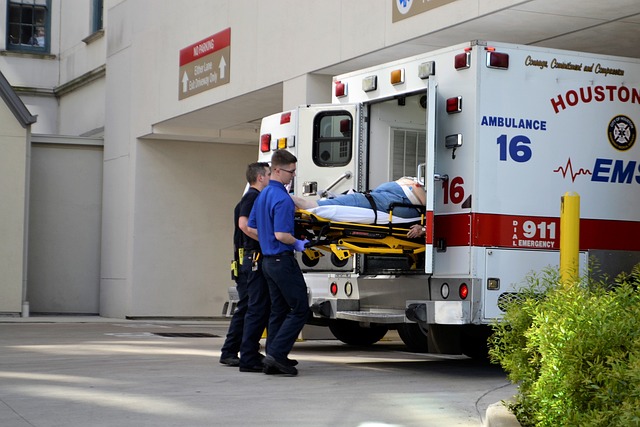Heart disease is the leading cause of death worldwide, and heart attack is one of the most common manifestations of this disease. While it is widely known that men are more prone to heart attacks than women, a new study has found that women who suffer a heart attack are at a greater risk of hospitalization and death than men.
The study, published in the Journal of the American Heart Association, analyzed data from over 1.5 million patients who were hospitalized for a heart attack in the United States between 2014 and 2017. The researchers found that women were more likely than men to experience delays in receiving appropriate care, such as receiving a timely electrocardiogram (ECG) or being prescribed appropriate medications.
These delays in care led to women being less likely to receive timely reperfusion therapy, a procedure that restores blood flow to the heart and can be lifesaving in the event of a heart attack. Women were also less likely than men to undergo invasive procedures, such as angioplasty or stent placement, which can open blocked blood vessels in the heart.
The study also found that women who experienced a heart attack were more likely to have other health conditions, such as diabetes and hypertension, which can further complicate their care. In addition, women were more likely than men to be older, single, and have lower socioeconomic status, all of which can contribute to poorer health outcomes.
Dr. Jennifer Haythe, a cardiologist at Columbia University Irving Medical Center, says that these findings highlight the need for more research on gender disparities in heart disease care. “We need to understand why women are not receiving the same level of care as men and develop strategies to address this gap,” she says.
Some possible reasons for these disparities include differences in symptoms between men and women, as well as unconscious biases among healthcare providers. “Women may not present with classic symptoms of a heart attack, such as chest pain, and healthcare providers may not recognize their symptoms as a heart attack,” explains Dr. Haythe.
To address these disparities, the study authors recommend that healthcare providers receive more training on recognizing and treating heart disease in women. They also suggest that more research be done on the effectiveness of gender-specific interventions, such as tailored educational materials and support groups, to improve outcomes for women with heart disease.
In conclusion, this study sheds light on the gender bias that exists in heart attack care and the need for more research and interventions to address this disparity. By improving access to timely and appropriate care, we can improve outcomes for all patients with heart disease, regardless of their gender.












